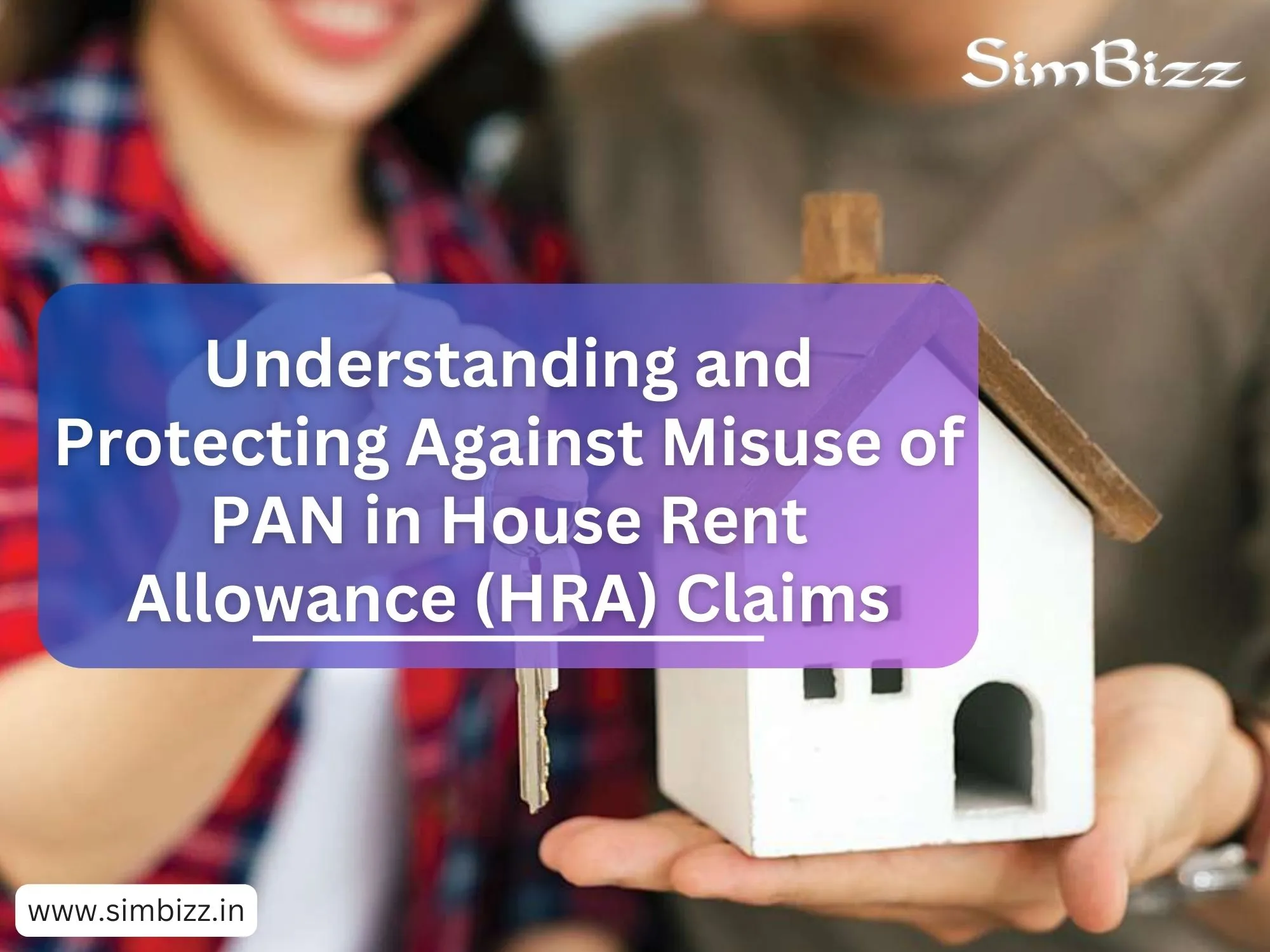The Income Tax department has uncovered a significant number of cases where discrepancies exist between the rent received and the House Rent Allowance (HRA) claimed by taxpayers. As a result, numerous individuals have been issued notices through the ‘e-verification’ system on the department’s compliance portal.
Legal Requirements and Challenges for Tenants and Landlords
In adherence to the law, if the annual rent exceeds Rs 1 lakh within a financial year, tenants are mandated to acquire the landlord’s PAN and include it when claiming House Rent Allowance (HRA). However, instances arise where landlords withhold their PAN, leading to potential complications. Should a tenant exploit another landlord’s PAN to claim HRA, both parties could encounter issues with the tax authorities.
Experts from the legal fraternity emphasize that landlords may alleviate legal repercussions if they can demonstrate their unawareness of unauthorized PAN usage. Additionally, individuals whose PAN has been misused to claim HRA are advised to promptly address the matter and instigate an investigation.
Implications for Landlords in Cases of Fraudulent HRA Claims
In scenarios involving fraudulent HRA claims, both the perpetrator misusing the landlord’s PAN and the landlord themselves may face scrutiny from the income-tax department. Each HRA claim necessitates a corresponding declaration of rental income for tax purposes. Failure to rectify a false HRA claim may result in the erroneous amount being taxed, accompanied by interest and penalties. Furthermore, the tax department may launch investigations into potential understatement of income by the PAN card holder, leading to additional financial liabilities and, in severe cases, criminal prosecution.
Safeguarding Against PAN Misuse
Legal experts advocate for the inclusion of protective clauses in rental agreements, authorizing landlords to pursue legal action against unauthorized PAN usage or seek compensation for associated liabilities. Additionally, they recommend regular scrutiny of Tax Information Statements (TIS) and Annual Information Statements (AIS) to identify any irregularities related to HRA claims. Landlords are advised to gather substantial documentation, such as rental agreements, utility bills, and bank statements, to substantiate their rental income.
Former chief commissioner of Income Tax, Ramakrishnan Srinivasan, underscores the importance of adopting stringent measures, including opting for digital rent transactions, maintaining comprehensive rental agreements, and declaring income from vacant properties. These steps serve to safeguard landlords in the event of PAN misuse.
Additional Considerations for NRI Landlords
Non-Resident Indian (NRI) landlords involved in property rental through authorized agents face unique vulnerabilities. To mitigate the risk of PAN misuse, it is recommended for NRI landlords to establish explicit terms and conditions regarding the agent’s utilization of their PAN for tax-related purposes. Vigilance and proactive measures, such as clear communication, meticulous record-keeping, and swift action in response to suspected fraudulent activities, are essential for protecting the rights and interests of NRI landlords.
In conclusion, vigilance and proactive measures are imperative in guarding against the misuse of PAN in HRA claims. Regular scrutiny of tax information, meticulous documentation, and prudent agreements can fortify landlords’ defenses and mitigate the potential impact of fraudulent HRA claims.
The Central Board of Direct Taxes (CBDT), in a press release dated April 8, 2024, underscored the significance of data analysis in identifying irregularities in rental transactions, reflecting the ongoing efforts to curb misuse of PAN in HRA claims.


